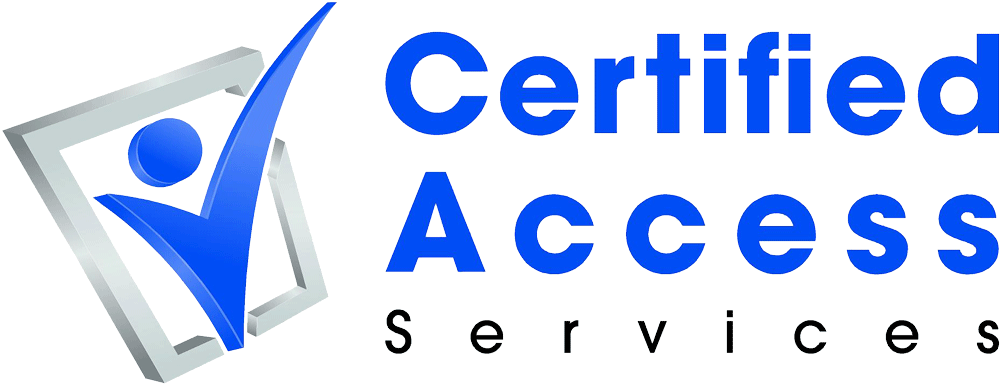MYTH - As a tenant, I am not liable for accessibility compliance.
/MYTH:
“As a tenant, I am not liable for accessibility compliance.”
FACT:
Landlords and tenants can both be held liable for accessibility related lawsuits.
Tenants and landlords share responsibility for ADA compliance
Determining who is liable when an ADA lawsuit is filed can get complicated but as a simple rule of thumb; both tenants and property owners have a responsibility to comply with the ADA and other applicable accessibility standards. While tenants are not typically held liable for areas and elements exclusively under control of the landlord, they are responsible for leased areas. Landlords on the other hand can can be held liable for ADA compliance for common areas under their exclusive control AND areas of the property that are leased and controlled by the tenant.
It is very common for a plaintiff to name both parties in an ADA lawsuit and for this reason we advise all landlords and prospective tenants to have the facility evaluated by a CASp prior to lease negotiations. By obtaining a pre-lease accessibility survey, both parties will have a clear understanding of barriers to accessibility that currently exist and the report can be used to effectively negotiate allocation of responsibility for improvements and liability.
Contact a Certified Access Specialist (CASp)
There are many nuances and interactions between state and federal requirements. We highly recommend that you consult with a CASp if you have any questions about your facility. Please don’t hesitate to contact us.


